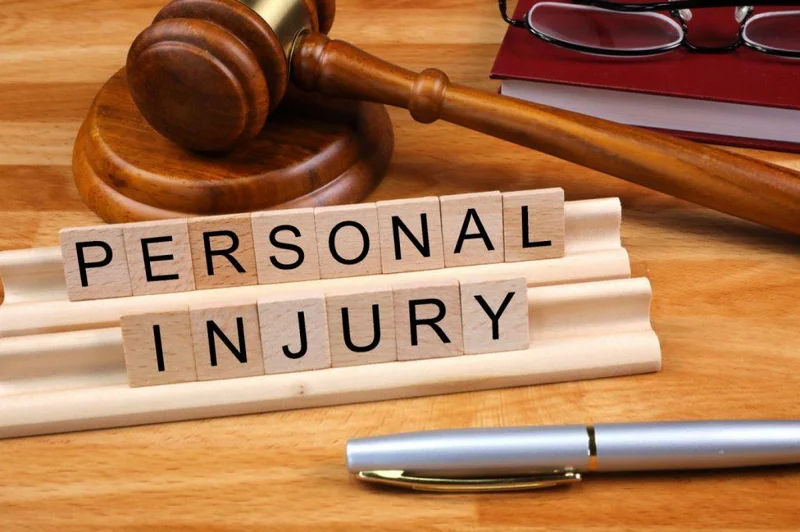Article Directory
Title: AI is Rewriting the Rules: How Legal Tech is Leveling the Playing Field for Personal Injury Victims
Okay, folks, buckle up. I've been diving deep into the latest developments in legal tech, and what I'm seeing isn't just incremental improvement—it's a fundamental shift in how justice is accessed and delivered, especially for personal injury cases. Forget those images of endless paperwork and drawn-out court battles; AI is stepping in to rewrite the rules, and the implications are enormous.
The AI Revolution in Legal Aid: It's About Time!
Let's be real, navigating the legal system can feel like trying to find your way through a dense forest without a map. For personal injury victims, who are often dealing with physical and emotional trauma, the process can be especially daunting. But imagine having a super-powered assistant that can sift through mountains of medical records, identify crucial evidence, and even draft legal documents in a fraction of the time it would take a human.
That's the promise of AI-powered legal tech like CoCounsel Legal. We're talking about tools that can analyze thousands of pages of medical records in minutes, build timelines automatically, and surface inconsistencies that a human might easily miss. According to CoCounsel Legal, attorneys using the platform report time savings of up to eight hours per day! Think about that for a second. Eight hours! That's an entire workday given back to lawyers, which they can then use to focus on what truly matters: building strong cases and advocating for their clients.
One personal injury firm leader put it perfectly: “We’re not paid on the hours we work on the case or the time we put in. We have one incentive, and that is to get our client a result.” This is where AI shines. It's not about replacing lawyers; it's about augmenting their abilities and freeing them up to focus on strategy, negotiation, and client communication.
And it's not just about speed and efficiency. AI can also help to level the playing field for individuals who might not have access to the best personal injury attorneys or resources. By automating many of the time-consuming tasks involved in building a case, AI makes it possible for attorneys to take on more clients and provide high-quality representation to those who might otherwise be left behind.
Consider Warnock Mackinlay Law, an Arizona personal injury firm that has expanded its focus on truck accident, wrongful death, and Uber Eats injury claims. Tempe Personal Injury Lawyer Warnock Mackinlay Law Expands Focus on Truck Accident, Wrongful Death, and Uber Eats Injury Claims in Tempe, Chandler, Mesa, and Glendale These are often complex cases involving multiple parties and intricate insurance disputes. AI can help firms like Warnock Mackinlay Law to conduct thorough investigations, establish accountability, and secure fair compensation for their clients.

This is the kind of breakthrough that reminds me why I got into this field in the first place. It's about using technology to make a real difference in people's lives.
But with great power comes great responsibility. As we embrace AI in the legal field, we need to ensure that these tools are used ethically and responsibly. We must be mindful of potential biases in algorithms and take steps to mitigate them. We need to prioritize transparency and accountability to ensure that AI is used to promote justice for all, not just a select few.
The Future of Justice: Accessible and Efficient
So, what does all of this mean for the future of personal injury law? I think we're on the cusp of a major paradigm shift. AI has the potential to make the legal system more accessible, efficient, and equitable for everyone.
But more importantly, what could it mean for you? Imagine you or a loved one is injured in an accident. Instead of feeling overwhelmed and lost, you can turn to an attorney who is equipped with the latest AI tools to build a strong case and fight for your rights. Instead of waiting months or even years for a resolution, you can get the compensation you deserve in a fraction of the time.
That's the vision I see, and it's a vision I'm incredibly excited about.
